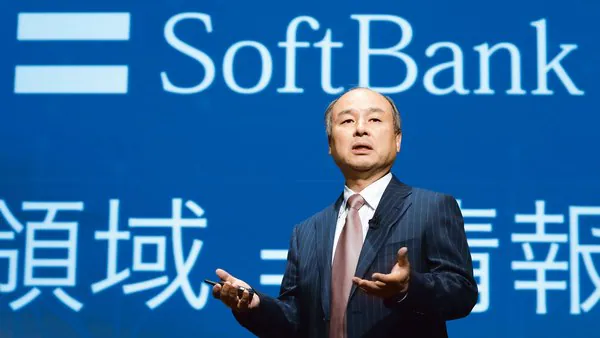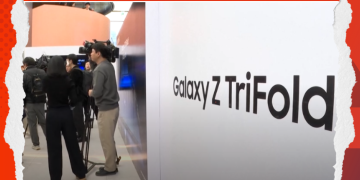SoftBank is investing $2 billion in Intel as part of a broader push to stay at the forefront of AI and semiconductor growth. The move signals renewed confidence in U.S. chip manufacturing and could reshape global supply chains.
For the Middle East, it highlights opportunities in data centers, chip design, talent development, and strategic co-investment.
Why SoftBank is making this bet
- AI infrastructure boom: AI workloads demand more compute, memory, and specialized chips. Backing a major manufacturer positions SoftBank near the heart of this growth.
- Manufacturing resilience: Diversifying beyond a single geography for chip production lowers risk; Intel’s foundry ambitions align with that.
- Ecosystem leverage: SoftBank’s portfolio spans AI, telecoms, and platforms. Owning a stake in a leading chipmaker complements those assets.
Intel’s angle
- Foundry push: Intel is rebuilding its contract-manufacturing (foundry) business to make chips for others, not just its own.
- AI chips & accelerators: Competing for data-center AI silicon is central to Intel’s turnaround.
- Strategic partnerships: Expect tighter cooperation with cloud providers and large buyers that can commit to long-term capacity.
Why this matters to the Middle East
- Data-center expansion: Gulf markets are scaling AI-ready data centers. Intel’s roadmap could increase supply and bargaining power for regional operators.
- Sovereign co-investment: Regional funds seeking exposure to semis can use minority, strategic stakes (like SoftBank’s) to gain influence without governance entanglement.
- Design, not just fabs: The fastest on-ramp is fabless chip design (AI accelerators, edge inference, IoT, automotive). Cities such as Riyadh, Abu Dhabi, and Dubai can host design hubs tied to global foundries.
- Packaging & testing (OSAT): Establishing advanced packaging and test facilities in MENA would plug a critical supply-chain gap while creating skilled jobs.
- Talent pipelines: Partnerships with universities for VLSI, EDA tools access, and internships can build a durable local talent base.
Opportunities for regional stakeholders
- Long-term offtake agreements: Data-center operators can secure a predictable chip supply by committing capacity purchases in advance.
- JV and tech-transfer: Structure joint ventures around packaging, reliability testing, and chiplet integration, areas with lower capex than full fabs but high strategic value.
- Strategic portfolios: Blend stakes across the stack(IP, design startups, EDA tooling, packaging) to reduce single-point risk.
- Standards & security: Align with global hardware security standards to make the region a trusted manufacturing and hosting location.
Risks to watch
- Execution risk: Intel must hit aggressive manufacturing and product milestones.
- Geopolitics & export controls: Shifts in policy can affect tool access, timelines, and customer pipelines.
- Capital intensity: Semiconductors are cyclical; valuations can swing with demand for AI infrastructure.
What to monitor next
- Major foundry customer wins announced by Intel.
- AI accelerator performance and adoption in regional data centers.
- Supply-chain localization deals (packaging, testing) announced by governments or sovereign funds in the Gulf.
- New university–industry programs in chip design and systems engineering across the region.














